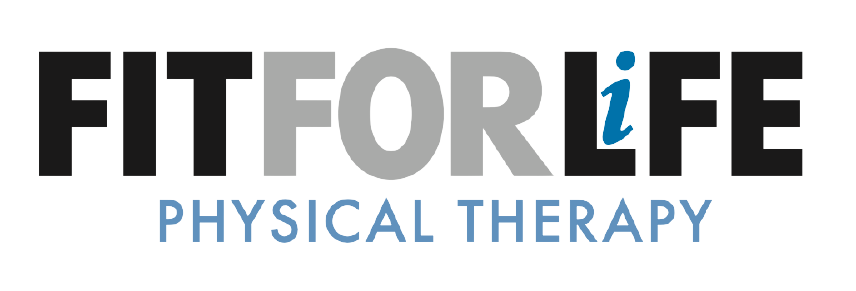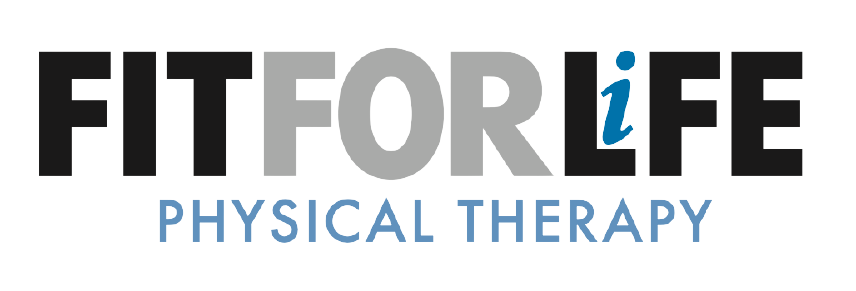Nutrition For Injury
Fit For Life Physical Therapy
It is no surprise that with increased training, longer runs, and more miles, injuries can sideline runners and walkers. Proper MIT coaching and training can keep the risk of injuries at bay, but some will still struggle. Nutrition can help us heal when we are dealing with an injury. The United Stated Olympic Committee Sports Nutrition department, along with the Collegiate and Professional Sports Dietitians Association, have some great guidance on ways to navigate injuries. As a combination of their recommendations and my own work with athletes, here are some general rules to follow.
Soft Tissue Injuries
These are injuries that can happen abruptly or can come from overuse. Think muscles, ligaments, tendons - all the things that keep us moving!
Key points
▪ We want calories to be high enough to promote healing, especially if an
injury has required surgery
▪ Severe injury may require an increase in calories of up to 20%
▪ Energy requirements will be higher in the rehabilitation phase of recovery
▪ An athlete may need to modify intake due to reduced exercise (stages of
energy needs will vary)
▪ Do not cut carbs! Low carbohydrate intake is associated with a decrease
in muscle growth and muscle protein synthesis (MPS)
2. Hydration:
▪ Increased fluid intake aims to help flush the body of toxins
▪ Drinking water can help nutrients be delivered to the injured area ▪ Hydration is important for oxygenation of tissues3. Appropriateproteinintake:
▪ The goal is to avoid tissue atrophy, or loss, that may accompany a lack of
activity
▪ Protein aids in wound healing
▪ Stimulates muscle protein synthesis (MPS), or the building of muscle
▪ Distribute protein intake evenly throughout the day
▪ Minimum intake should be 1-1.2gm/kg of body weight; more may be needed due to wounds or severity of the injury (think: 1.5-2.5gm/kg of body weight depending on the stage of injury recovery). Work with a dietitian to find the right amount for you!
4. Possible Supplementation: Leucine, Vitamin C and Collagen
▪ Supplementation should always be discussed with a medical professional,
but there is some great research on supplements that promote healing. i. Leucine: triggers MPS, can reduce loss of lean body mass
• Look at protein powders that contain at least 2.5-3 grams of leucine (think: whey protein)
ii. Vitamin C + Collagen: collagen is the main protein in tendons and vitamin C has been shown to aid in collagen formation
• Many athletes use a collagen powder and take a Vitamin C gummy
5. Wound healing: Zinc, Glutamine, and Arginine, HMB
▪ Zinc possibly plays a possible role in wound healing; zinc has a role in
collagen synthesis. Sources of zinc include beef, chicken, cashews, and
fortified grains.
▪ There is a potential benefit of glutamine and arginine in wound healing
and promoting lean body mass but using these supplements should be
discussed with a doctor or dietitian!
▪ Beta hydroxy-beta-methylbutyrate (HMB): some research suggests that
HMB can prevent muscle loss that may follow surgery or following a time of immobilization
Bone Injury
Fractures, breaks, and stress responses are an athlete’s worst nightmare. There are key nutrients needed to help prevent these injuries and aid in the recovery process.
Key Points
1. Nutrients for Bone healing: Calcium, Vitamin D, and Vitamin K
▪ Calcium: needed to promote bone formation! Focus on increasingsources of calcium from food first before a supplement! Aim for 1,500- 2000 mg/day.
i. Milk (~240mg), yogurt (~200mg), cheese (~200mg), sardines (~240mg), dark leafy greens, fortified fruit juice, tofu
ii. Women have a higher risk for osteoporosis, so their calcium needs may be higher
▪ Vitamin D: aim to get at least 800 IU/day. Supplements may be necessary to reach optimal vitamin D levels
i. Salmon, sardines, fortified milk, fortified cereal
ii. The sunlight is one of the easiest (and cheapest) sources! Aim to
get 20 minutes of direct sun exposure on your arms and legs for a vitamin D fix
▪ Vitamin K: aim to get 90 mcg per day! If you take a good multi-vitamin, you should be good to go!
2. Protein
▪ Some studies suggest that higher protein intakes can be beneficial at
enhancing bone formation
3. JointPain:Glucosamine,Chondroitin
▪ Glucosamine and chondroitin are key parts of cartilage
▪ Glucosamine: crab, small fish with bones (sardines and anchovies)
▪ Chondroitin: connective tissue of meat
▪ Some research suggests that it can be beneficial for those who struggle
with osteoarthritis
In all instances, working with a medical professional is the best way to maximize recovering from an injury!
Registered & Licensed Dietitian Rebecca Youngs is an avid marathoner, loves to work out, and has specialized her practice in gastrointestinal health, as well as sports nutrition and fueling athletes of all levels. She is available for individual consultations at Fit For Life Physical Therapy or through zoom video conference.
Fit For Life Physical Therapy helps people of all activity levels prevent, recover from, or rehabilitate sports and orthopedic injuries. Help for active people - from OTHER active people.
Reach us by email at info@fitforlifephysicaltherapy.com, or call or text us at any of the phone numbers for our three convenient locations inside Fleet Feet/FrontRunner stores:
Polaris Location: 1270 East Powell Road Lewis Center, Ohio 43035 - 614-981-2065
Upper Arlington Location: 1344 West Lane Avenue, Columbus, Ohio 43221 - 614-981-1979
New Albany Location: 5792 North Hamilton Road, Columbus, Ohio 43230 - 614-581-7441

